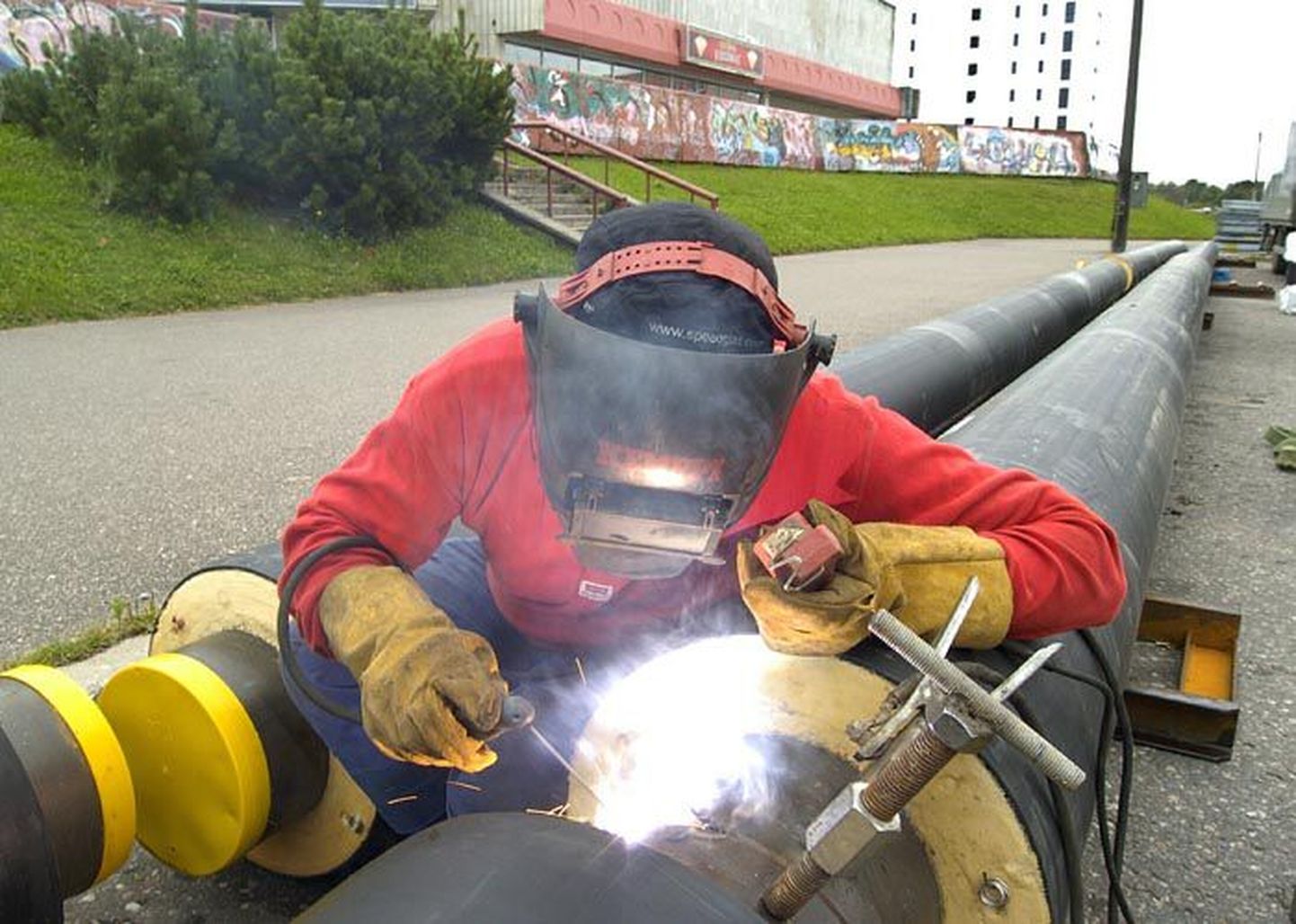Even so, there are sectors where simple jobs need to be done here, in Estonia. One such being tourism – not limited to that, though. Everybody needs to go shopping; in offices, dust does not disappear by itself. Two-three years ago, already, local employers were saying that unemployment was about to be accompanied by worker shortage. We do have job seekers. We do also have jobs. Trouble is: the two don’t meet. Potential workers we might have, but not for the wages the employers are willing to offer. For workers, higher wages would be good news indeed; even so, when not accompanied by increased productivity and effectiveness, for employers the deal would be bad.
Therefore, again, we are having to discuss the issue: will Estonia, in times to come, escape the need for foreign workers? For years, entrepreneurs have been pointing this out. Quietly and warily, at first. Recently, the voices have been getting ever louder.
Since our regained independence, Estonia’s migration policy has been clearly restrictive towards immigration. Discussing the issue won’t mean that, in near future, substantial and opposite decisions should be taken. Rather, we should try and get over the feeling that bringing in foreign workers is a topic well-mannered people will not talk about, loudly. And should someone happen to do that, then – as opined in today’s Postimees by Heikki Mäki, head of a worker intermediation firm – the hearer’s heart starts beating faster and his ears lock up to further discussion.
